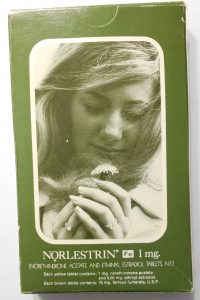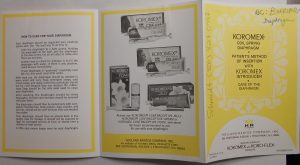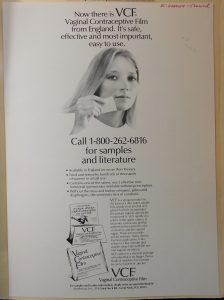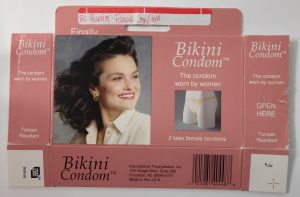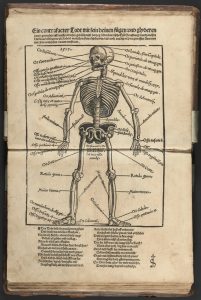Now Accepting Applications for the 2020-2021 Women in Medicine Legacy Foundation Research Fellowship
The Women in Medicine Legacy Foundation Research Fellowship
Application deadline is May 31, 2020
Details
The Women in Medicine Legacy Foundation is pleased to provide one $5,000 grant to support travel, lodging, and incidental expenses for a flexible research period between July 1, 2019 and June 30, 2020. Foundation Fellowships are offered for research related to the history of women to be conducted at the Center for the History of Medicine at the Francis A. Countway Library of Medicine. Preference will be given to:
- projects that engage specifically with the history of women physicians, other health workers, or medical scientists; proposals on the history of women’s health issues will also be considered
- those who are using the Center’s Women in Medicine collections; however, research on the topic of women in medicine using other material from the Countway Library will be considered
- applicants who live beyond commuting distance of the Countway; however, all are encouraged to apply, including graduate students
In return, the Foundation requests a one page report on the Fellow’s research experience, a copy of the final product (with the ability to post excerpts from the paper/project), and a photo and bio of the Fellow for web and newsletter announcements. The Fellow will also be asked to present a lecture at the Countway Library.
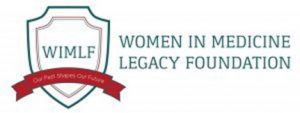
Women in Medicine Legacy Foundation logo
Application Requirements
Applicants should submit a proposal (no more than five pages) outlining the subject and objectives of the research project, length of residence, historical materials to be used, and a project budget (including travel, lodging, and research expenses), along with a curriculum vitae and two letters of recommendations by May 31, 2020. The fellowship proposal should demonstrate that the Countway Library has resources central to the research topic.
Applications and supporting documentation should be emailed to the Center for History of Medicine via chm@hms.harvard.edu. Please include “Women in Medicine Legacy Foundation Research Fellowship” in the subject line. Questions may be directed to chm@hms.harvard.edu or (617) 432-7702.
Partnering Organizations
The Women in Medicine Legacy Foundation, formerly the Foundation for the History of Women in Medicine, was founded with the strong belief that understanding our history plays a powerful role in shaping our future. The resolute stand women took to establish their place in these fields propels our vision forward. We serve as stewards to the stories from the past, and take pride in sharing them with the women of today. Our mission is to preserve and promote the history of women in medicine and the medical sciences, and we look forward to connecting you to our collective legacy that will empower our future.
The Archives for Diversity and Inclusion, formerly the Archives for Women in Medicine, is a program of the Countway Library’s Center for the History of Medicine at Harvard Medical School. The program’s goal is to ensure the Center’s collections reflect the diversity of the Harvard Medical School community by acquiring the research, teaching, and professional records of underrepresented faculty, including women. Learn more about collections open to research on our Women in Medicine Collections page.
Established in 1960 as a result of an alliance between the Boston Medical Library and the Harvard Medical Library, the Francis A. Countway Library of Medicine is the largest academic medical library in the United States. The Countway Library maintains a collection of approximately 700,000 volumes. The Center for the History of Medicine’s collection of archives and manuscripts, numbering between 15-20 million items, is the largest collection of its kind in the United States. Collections include the personal and professional records of physicians from the medieval and Renaissance periods through the twentieth century, including the professional papers of many renowned Harvard faculty members as well as physicians and scientists from New England and around the country.
The 2019-2020 Foundation for the History of Women in Medicine Research Fellow is Heather Munro Prescott, Ph.D. Previous fellows include Carla Bittel, Maria Daxenbichler, Jordan Katz, Kate Grauvogel, Louella McCarthy, Rebecca Kluchin, Ciara Breathnach, Carrie Adkins, and Hilary Aquino.
